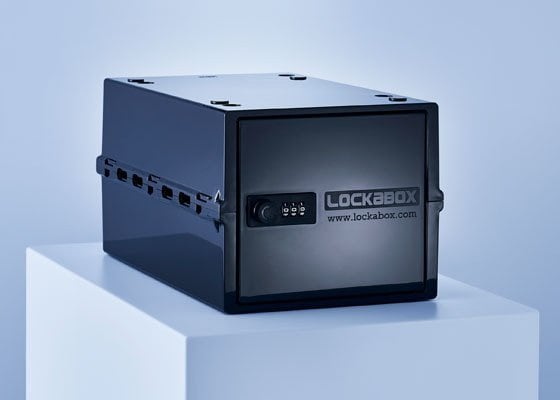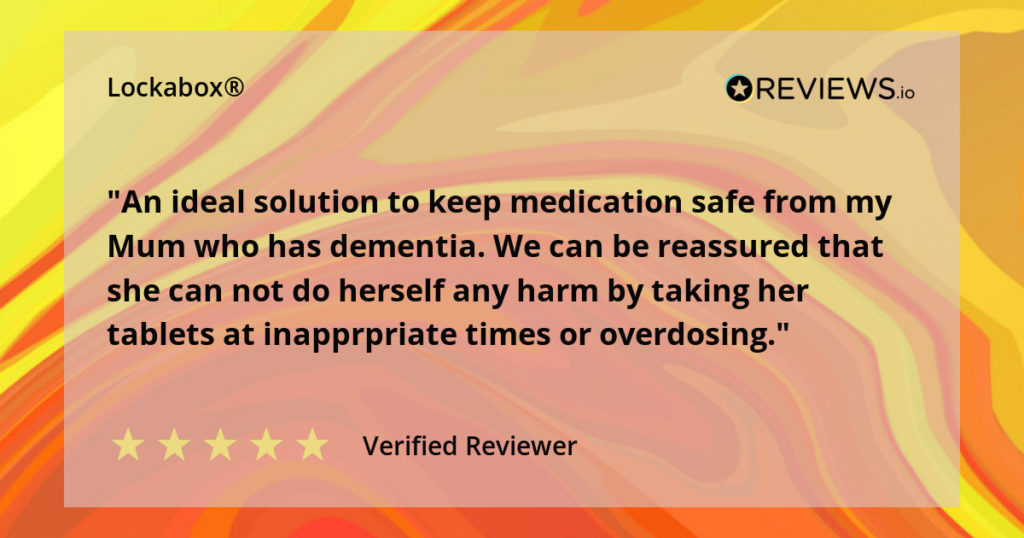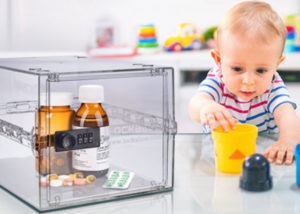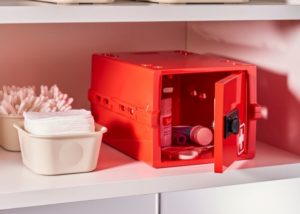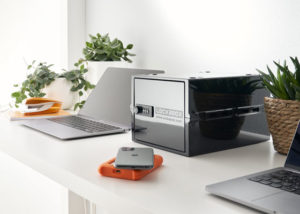Jul 28, 2025
The Importance of a Combination Lock Box for Medication Safety
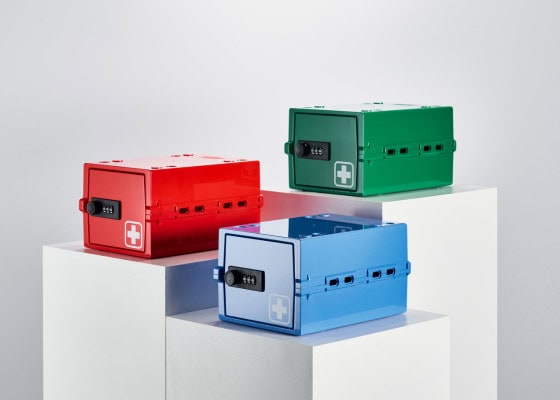
Safe storage of medications is critical for households, especially when children (big or little), elderly individuals, or those with mental health conditions are present. Statistics from the NHS and related health organisations reveal alarming risks associated with unsecured medications and highlight the legal and ethical obligations for ensuring safety at home and in care settings.
Risks of Unsecured Medications
Accidental ingestion is one of the leading causes of emergency room visits for children in the UK. According to the NHS and Great Ormond Street Hospital, many medicines resemble sweets or drinks, making them particularly tempting to young children.
For example, brightly coloured tablets or syrups can be mistaken for sweet treats, leading to serious or even fatal poisonings. Similarly, individuals with cognitive impairments or mental health challenges may inadvertently misuse medications, increasing the risk of overdose or harmful interactions.
Practical Benefits of a Combination Lock Box
A combination lock box for medications offers several essential benefits:
- Child Safety: It keeps dangerous substances out of reach, reducing the risk of accidental ingestion.
- Elderly and Vulnerable Adult Protection: For individuals who may experience memory issues or impaired judgment, such as those with dementia, a lock box ensures medications are only accessed at the right time and in the correct doses.
- Legal Compliance: Lockable storage helps meet the standards required for safe medication handling in professional settings, as enforced by the Care Quality Commission (CQC) for care homes and other facilities.
- Prevention of Misuse: For medications with potential for misuse, such as painkillers or sedatives, a lock box adds a layer of security to prevent unauthorised access.
Case Studies of Medication Mismanagement
In one NHS-documented case, a child accessed an unsecured bottle of liquid paracetamol, consuming a significant overdose. While the child survived after intensive treatment, the parents faced an investigation for neglect. Similarly, an elderly patient with dementia accidentally ingested multiple doses of blood pressure medication, mistaking it for another daily pill, resulting in a severe drop in blood pressure and hospitalisation. Both incidents could have been avoided with the use of secure medication storage. Not to mention the stress of the whole experience and feelings of utter guilt.
Legal and Ethical Responsibilities
UK law requires that medications, particularly controlled substances, are stored securely to prevent unauthorised access. For households, this means placing medicines out of sight and in a locked container or cabinet. For care homes and workplaces, compliance includes detailed record-keeping, secure storage, and limiting access to authorised personnel only. The Care Quality Commission (CQC) and NHS both emphasise the importance of proper storage for protecting vulnerable individuals and maintaining compliance with legal standards.
Why Choose a Combination Lock Box for Medication Storage?
The Lockabox One™ is an excellent solution for households and professional settings. Designed with a robust locking mechanism, it is compact yet durable enough to store in a fridge, cupboard, or drawer. Its polycarbonate construction ensures tamper resistance, while the combination lock eliminates the need for keys, offering convenience and safety.
Investing in a combination lock box for medication is a simple yet powerful way to safeguard health, ensure legal compliance, and provide peace of mind. With increasing awareness of the risks associated with unsecured medications, now is the time to make safety a priority. Visit Lockabox to explore effective storage solutions tailored to your needs.
Box clever
Our secret weapon is our patented clam-shell design (which gives the Lockabox its strength) combined with tough polycarbonate, and the best British manufacturing that doesn’t use glue and is BPA safe.
